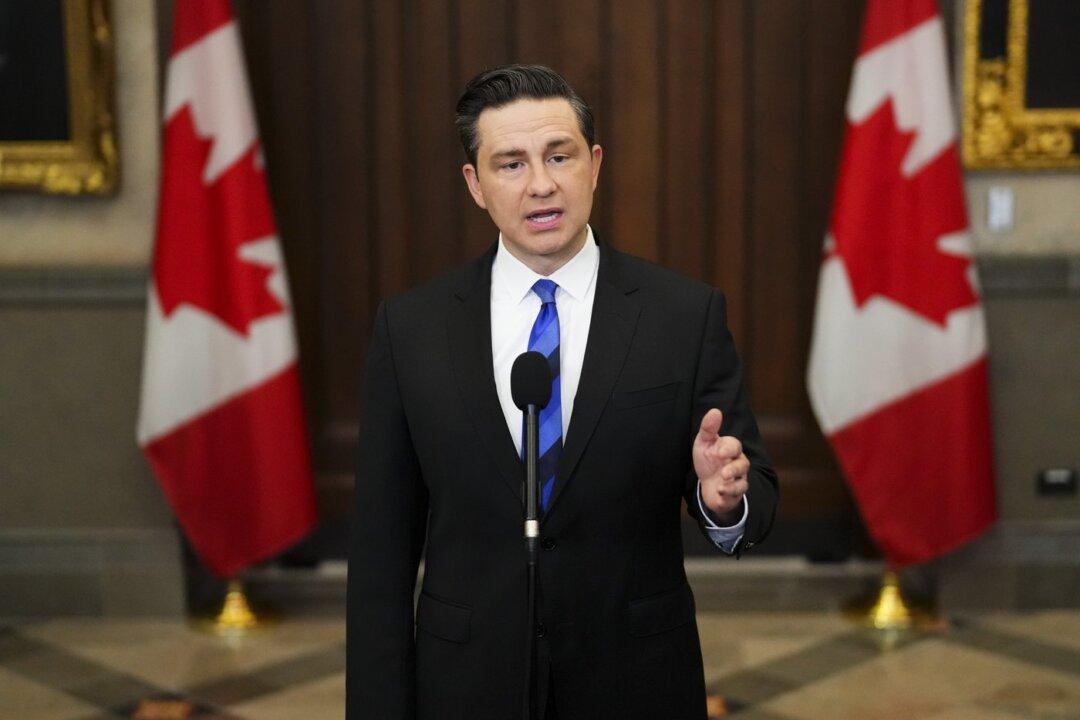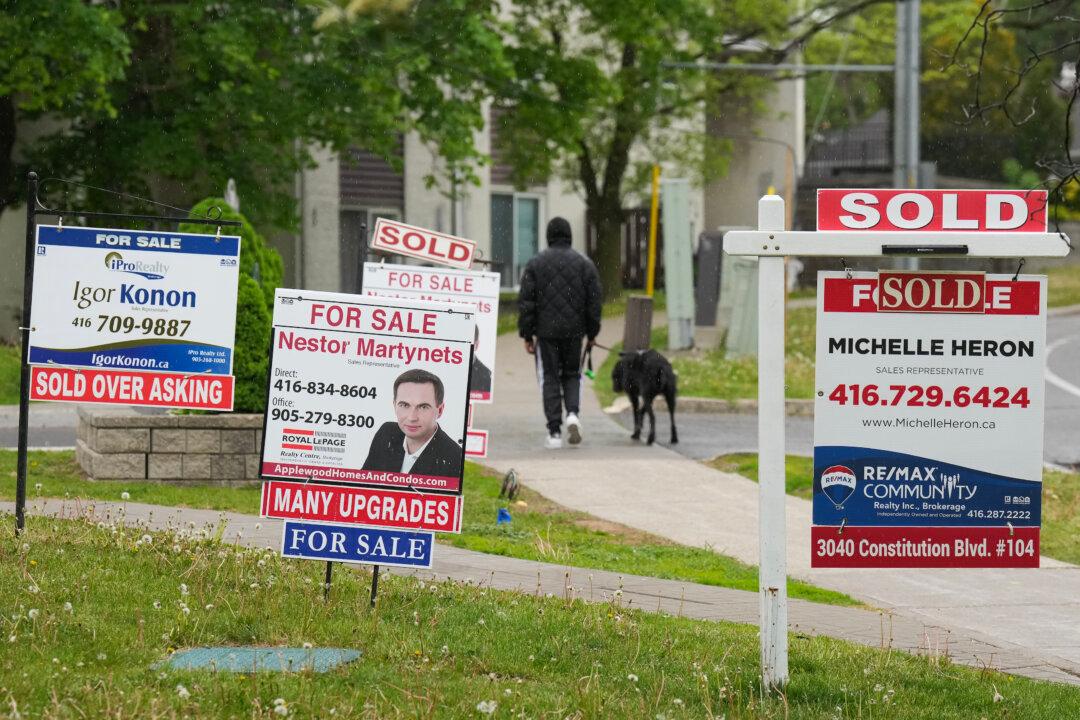Conservative Leader Pierre Poilievre introduced his latest motion to repeal the carbon tax in the House of Commons on Sept. 28, saying Canadians are taxed to the hilt.
“Now the prime minister, with the necessary help of the NDP, plans to quadruple the carbon tax to 61 cents a litre,“ Mr. Poilievre said in the House. ”When you tax the gas and diesel of the farmer who makes the food and the trucker who ships the food, you tax all who buy the food. No wonder people cannot afford groceries.”




